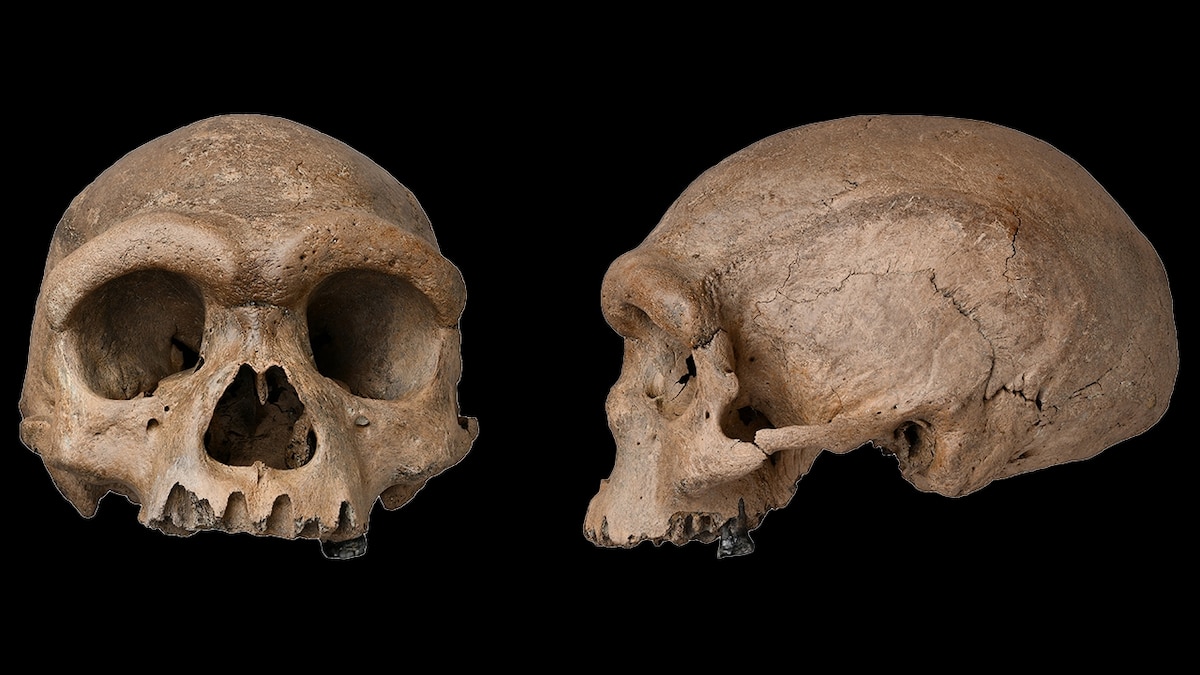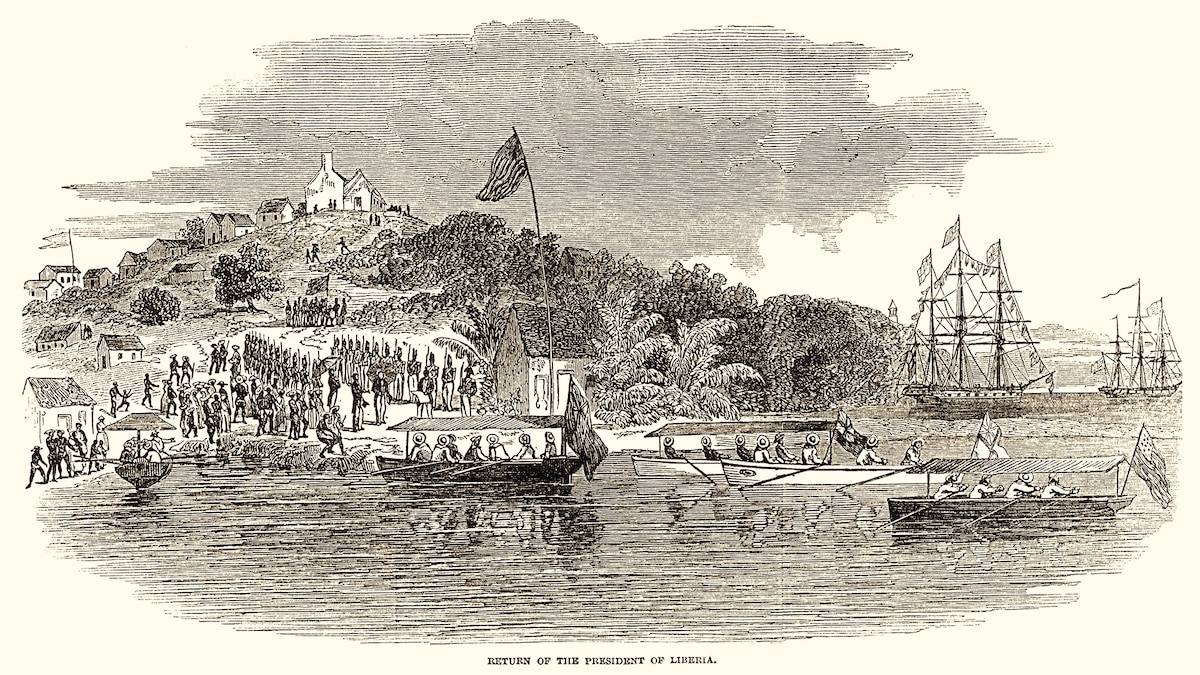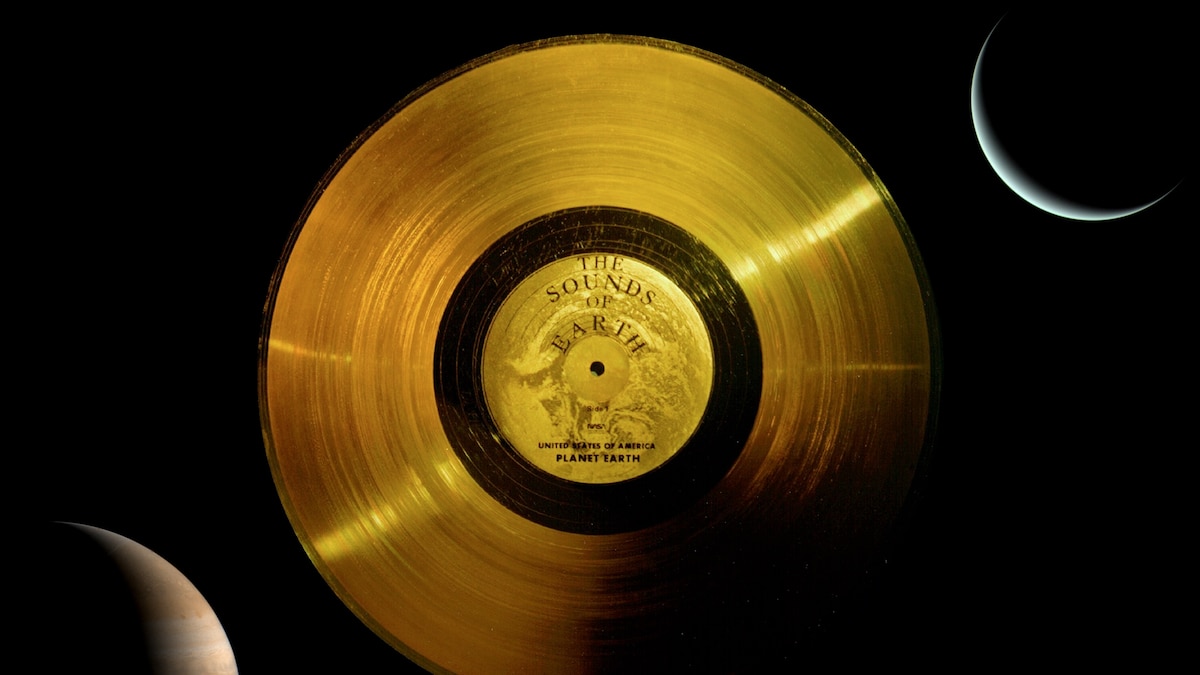Now Reading: First-Ever Denisovan Skull Confirmed by Scientists
-
01
First-Ever Denisovan Skull Confirmed by Scientists
First-Ever Denisovan Skull Confirmed by Scientists

Quick Summary
- A preserved skull, named teh “Harbin skull” or “Dragon Man,” discovered in northeastern China has been identified as belonging to Denisovans.
- Previous research proposed the species name Homo longi for the skull based on its distinct features; however, recent studies refute this categorization.
- The identification was confirmed via advanced protein adn DNA analysis, with Denisovan-specific gene variants found in dental plaque and proteins extracted from the teeth.
- This discovery marks the frist complete Denisovan fossil known to science, providing insights into their physical characteristics such as a wide face with primitive brow ridges combined with modern cheekbones.
- Researchers now believe that Denisovans may have inhabited regions across much of East Asia beyond siberia, where evidence of them was first discovered in 2010 thru DNA from a finger bone found in Denisova cave.
Indian Opinion Analysis
This breakthrough extends our understanding of ancient human relatives like the Denisovans and raises significant questions about hominin classification. From an Indian outlook, these findings highlight humanity’s interconnected evolution. Modern South Asians are known to carry traces of Denisovan DNA; thus this discovery could enhance research into evolutionary genetics related to health traits such as immunity. It also offers insights into adaptability to varied climates-a possible description for early intercontinental migrations that seeded genetic diversity across Asia.
The Harbin skull’s identification reinforces scientific methods combining molecular biology with paleoanthropology. India’s rich archaeological potential could similarly benefit from advancements in technology like proteomics for analyzing ancient fossils within its borders-possibly uncovering missing links between migrations and subcontinental populations.Ultimately, reconciling varying interpretations about species naming (Homo longi vs Homo sapiens) might influence global academic consensus but remains secondary compared to profiling extinct forms integral to understanding human heritage.























